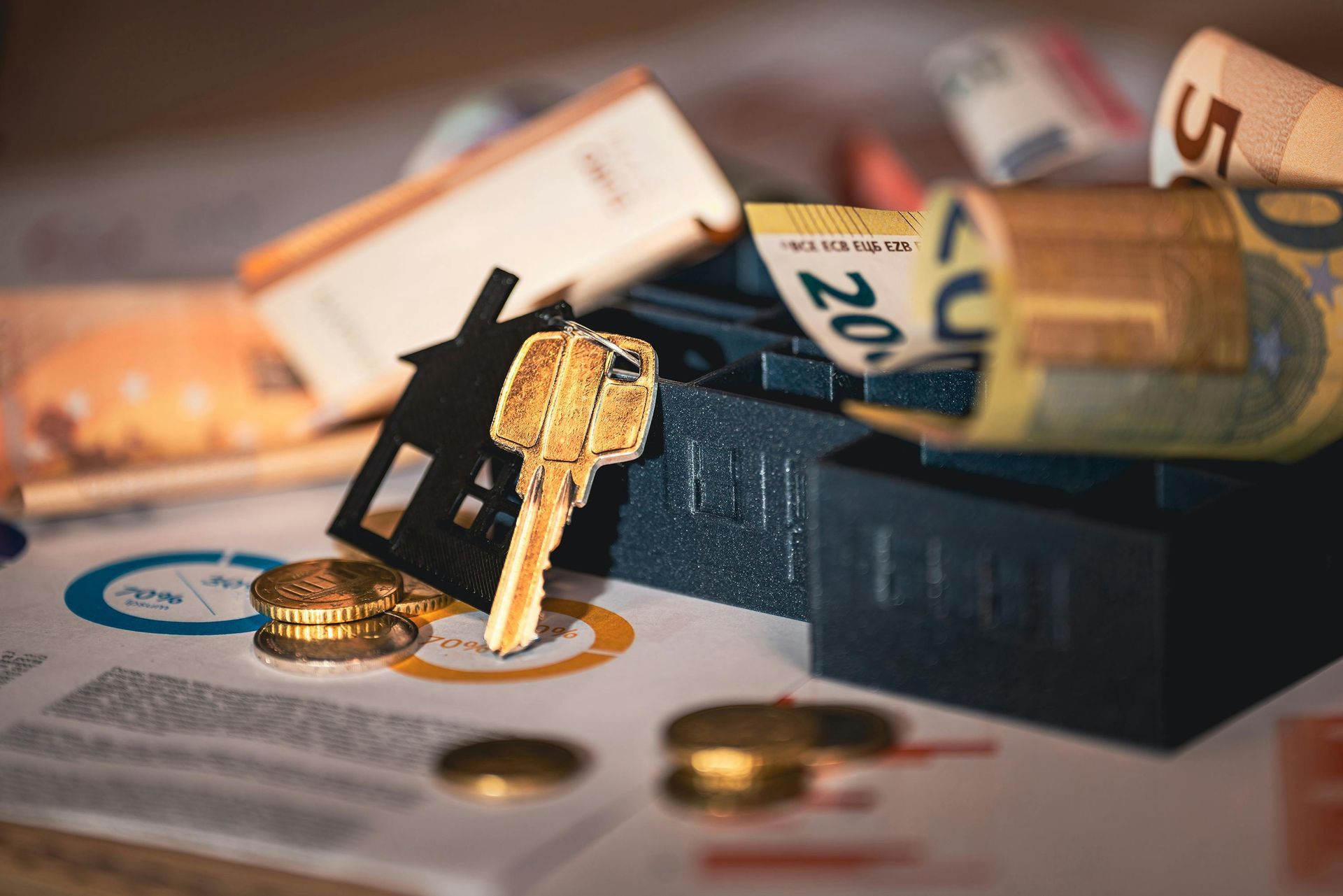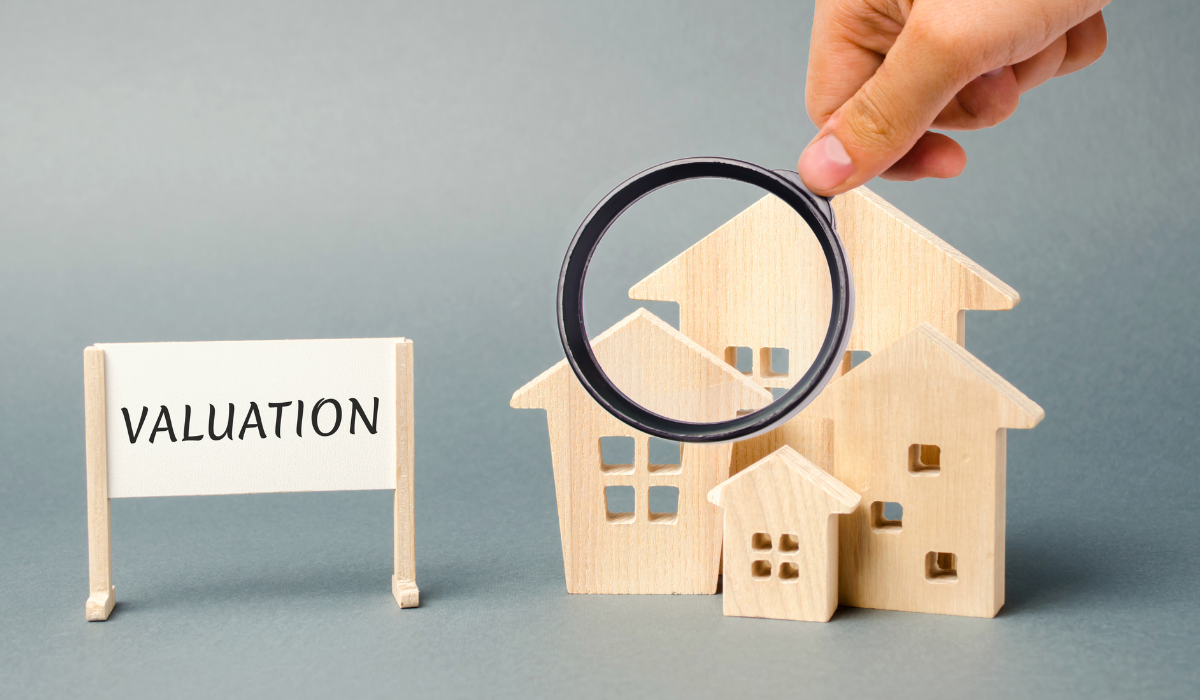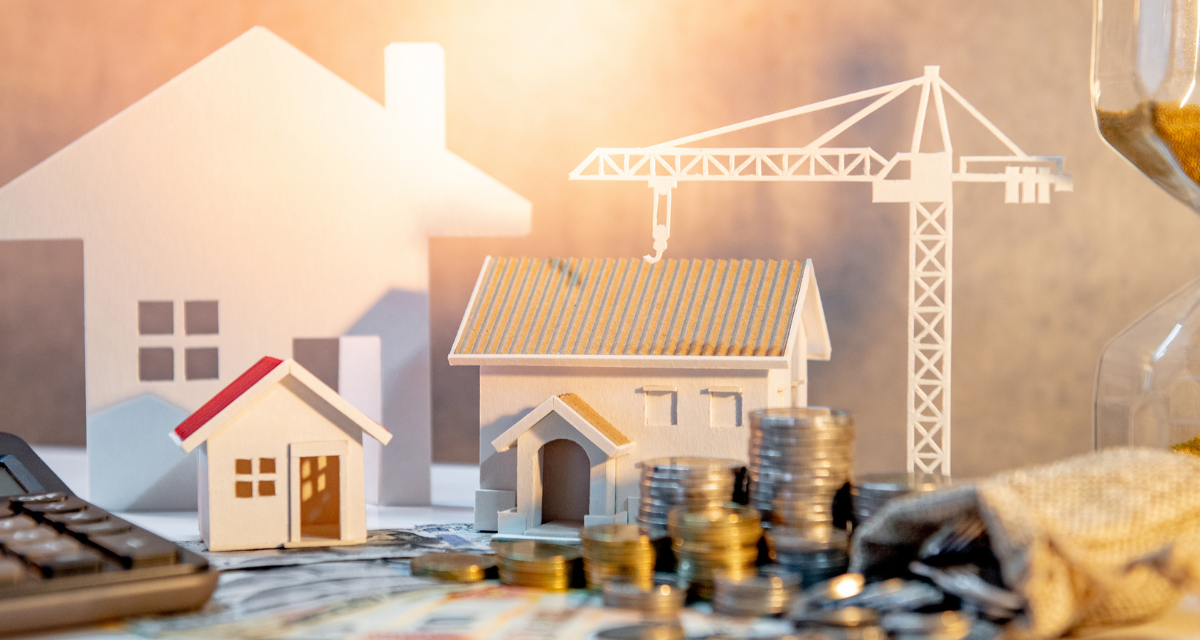Common Mistakes in Estate Valuation and How to Avoid Them
Common Mistakes in Estate Valuation

Navigating estate valuation can be a maze of an experience because there are so many factors, and mistakes are easy to do, which can cost you more time and money.
When it comes to preparing to inherit or selling a house, the value of that estate is important.
Despite this, so many find themselves in need of aid at this critical step.
This blog will highlight common pitfalls in
estate valuation and give you practical tips on how to avoid them.
So, let's dive into why an accurate assessment is vital and how to make sure that your evaluation stands strong against market fluctuations.
Estate Valuation Overview
Valuation of estate means determining the value of a property and its contents at any given time.
It might comprise real estate, personal property, investments, or other things of value.
Proper valuations are important for various reasons such as tax obligations, estate planning, or winding up an estate after death.
Often, the intricacies involved demand consideration of various factors.
These may include market conditions or special features of the property.
Each one is significant in arriving at the correct figure.
Understanding these components helps individuals make informed decisions about their estates.
With proper valuation, you can avoid potential disputes and ensure fair distribution among heirs or beneficiaries.
What Is Estate Valuation?
Estate valuation is determining the worth of a deceased person's assets.
It involves assessing various components, including real estate, personal property, and financial accounts.
This valuation is essential for settling estates according to legal requirements.
There are various methods adopted in estate valuation, one of which is comparative market analysis and income approaches.
They all consider different aspects of uniqueness that can affect general value.
Accurate calculation of estate valuation is used in tax computation and is essential in the distribution of inheritance to the heirs as well.
This process ensures that everyone gets a share, which implies that each person is experiencing a stressful time.
.
Common Mistakes in Estate Valuation
Valuation of estate: Many commonly committed errors lead to improper assessment.
The most prominent area of improvement relates to missing the essence of proper market comparisons.
Avoid using outdated or irrelevant information to alter results to a great extent.
Another standard error is ignoring property conditions in arriving at a value.
The condition has a significant influence on property value and should be noticed.
Lastly, failure to contemplate future market trends can lead to valuations that become outdated almost immediately.
Underestimating the influence of location is also one of the factors of miscalculations.
The desirability and value of a property depend on its neighbourhood, which makes it very important for an appraiser to pay special attention to this aspect.
Failure to Recognize the Significance of Correct Market Comparisons
Correct market comparisons are necessary for estate valuation.
Most people need to analyze recent sales data or comparable properties.
This oversight can lead to mistaken assessments.
It skews valuations if local market conditions and trends are not considered.
Property values change with demand, economic factors, and neighbourhood developments.
If these elements are addressed, then estimations become accurate.
Using outdated or irrelevant listings for comparison only adds to the problem.
Comparing only past prices without current context does an injustice to your estate's true worth.
Precise, up-to-date comparisons form the backbone of reliable estate valuation.
Ignore the Effect of Property Condition on Appraisal
Property condition significantly affects estate appraisal.
An old or run-down property may lower the market value even if the neighbourhood is considered good.
A buyer will include renovation costs in the valuation of a property.
It's essential to conduct thorough inspections before valuing an estate.
Hidden issues like structural damage or plumbing problems may surface during evaluations, impacting the final price.
Ignoring these factors can result in overestimating its value.
On the other hand, well-maintained properties reflect positively on valuations.
Upgrades and renovations can enhance appeal and drive prices up.
Always consider how condition plays into overall estate evaluation for accurate results.
Not Accounting for Future Market Trends
Not accounting for future market trends will make huge mistakes in estate valuation.
Real estate is inherently dynamic and subject to change due to economic, demographic, and technological changes.
You must consider all these factors to ensure your property assessment comes to fruition.
An investment area may appreciate with the passage of time, for instance.
Conversely, those locations experiencing economic decline may depreciate rapidly.
Monitoring of potential developments and regional growth is crucial.
Failure to consider such information often causes one to undervalue or overvalue a property.
This avoids undervaluation and overvaluation of property with constant updates on market expectations and changes in circumstances.
Not Accounting for Unique or Rare Property Features
Unique or rare property features are some of the major contributors to the value of an estate.
They can be historic architecture, custom-built amenities, or other unique landscaping that makes the property different from others in the market.
If such features are ignored, the undervaluation is sure to happen.
Potential buyers pay a premium for unique characteristics that improve their lifestyle.
If appraisers need to consider these distinctive features, it may mean missed opportunities for maximum returns on investment.
Understanding and highlighting such features during the valuation process are essential since they add character and bring emotional appeal to potential buyers, affecting sale price and desirability.
Misjudging the Role of Tax Implications in Estate Valuation
Tax implications play a vital role in estate valuation.
Most people need to realise how taxes can influence the total worth of an estate.
To make an accurate estimate, such factors must be understood.
Estate taxes and capital gains tax heavily weigh upon the net value of the properties.
Failure to consider those obligations can inflate valuations heavily and create severe financial mishaps at later stages.
Besides, the tax rates and policies differ from one place to another.
Misjudgment leads to unusual liabilities or benefits, which skew your understanding of the estate's value.
Ensuring proper taxation insight is a keen aspect of the process.
Using Online Valuation Tools Alone
There is the temptation to use online valuation tools for a quick estimate.
They provide instant results with minimal effort.
However, they often use general data, which may not apply to your specific property.
Estate valuation is a very complex matter, and several factors affect it.
These include local market trends and specific features of a property.
Online calculators usually pay attention to recent renovations or neighbourhood dynamics.
Moreover, they need to have the professional appraiser's experience who takes into account the tangible and intangible elements of value.
Sole reliance on these digital tools can lead to severe mispricing when selling or distributing assets in an estate plan.
Overlooking Professional Appraisal Services
Most people undervalue the importance of
professional appraisal services in estate valuation.
Online estimates and personal judgment need to be more accurate.
A professional appraiser brings experience and expertise vital for the proper evaluation.
Professional appraisers consider many factors, including market conditions, property features, and comparable sales data.
They give a complete analysis that reflects actual value rather than assumptions or guesswork.
Please refrain from engaging such services to avoid losses in sales or among the heirs.
Investing in all helps you appraise and make informed decisions that align with reliable information about your estate needs.
How to Avoid Making Such Mistakes
First, do thorough research to avoid making common mistakes in estate valuation.
Understand the local market trends and compare similar properties to ensure accuracy.
This groundwork provides a solid foundation for your valuation.
Work with professionals when necessary.
A skilled appraiser can identify unique property features and offer insights that might be overlooked.
Their expertise is invaluable in ensuring a comprehensive assessment.
Update your estate valuations regularly to reflect market changes.
Keeping up with changes improves accuracy and avoids financial pitfalls from outdated information.
Conclusion
Navigating estate valuation can be complicated, but avoiding common pitfalls is crucial.
Understanding the intricacies of property value ensures a fair assessment that protects assets and beneficiaries alike.
Regularly updating valuations allows for informed decisions in an ever-changing market.
This practice safeguards against financial loss and enhances strategic planning for future investments.
This will make it go beyond just mere evaluation because of the professionals, whether an appraiser or a real estate expert.
Their expertise enlightens you on nuances you may be overlooking and thus gives you a more accurate result.
FAQ
What factors influence estate valuation?
Several factors influence estate valuation, such as the property's condition, location, market trends, and other unique features.
Why do I need a professional appraisal?
A professional appraiser brings experience and objectivity to the evaluation process. They know market nuances that non-need pronoticednals may miss.
How often should I update my estate valuation?
Regular updates—ideally every few years or after significant changes in ownership or renovations—ensure your valuation reflects current market conditions.
Can online tools replace a professional appraisal?
While online tools provide quick estimates, they need a more nuanced understanding of local markets that professionals possess. Always consider expert evaluations for serious decisions.
What role do taxes play in estate valuation?
Taxes can significantly impact net value during inheritance or sale processes. Understanding tax implications helps you plan effectively for potential liabilities.











